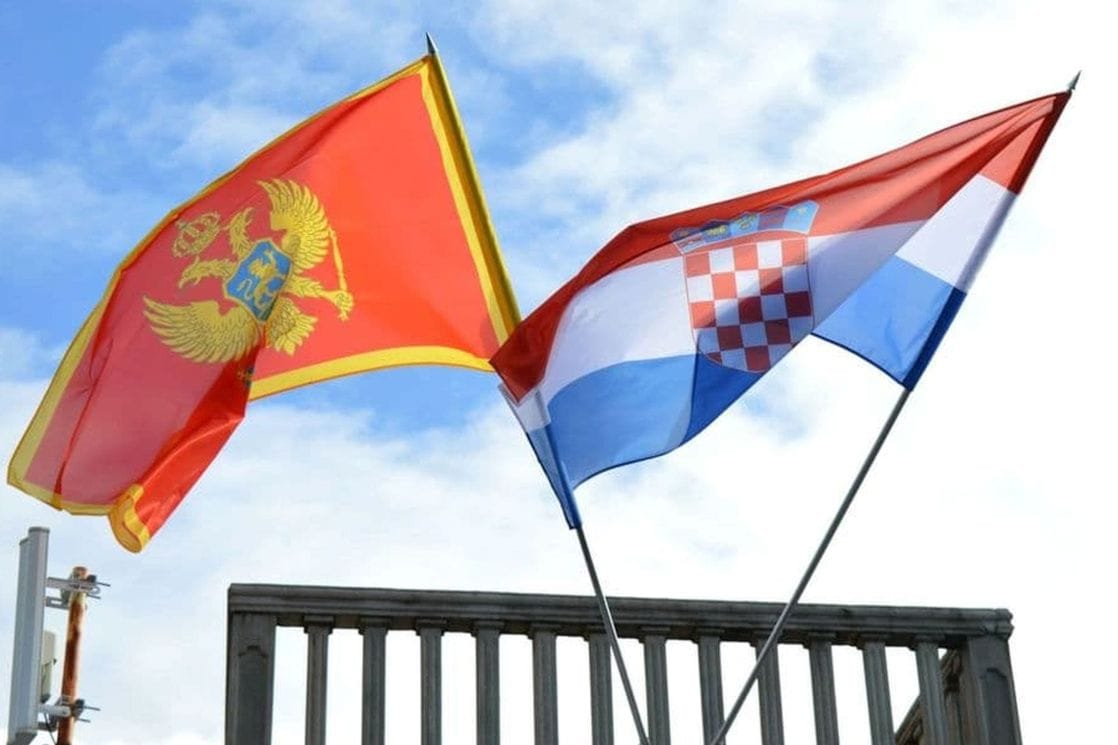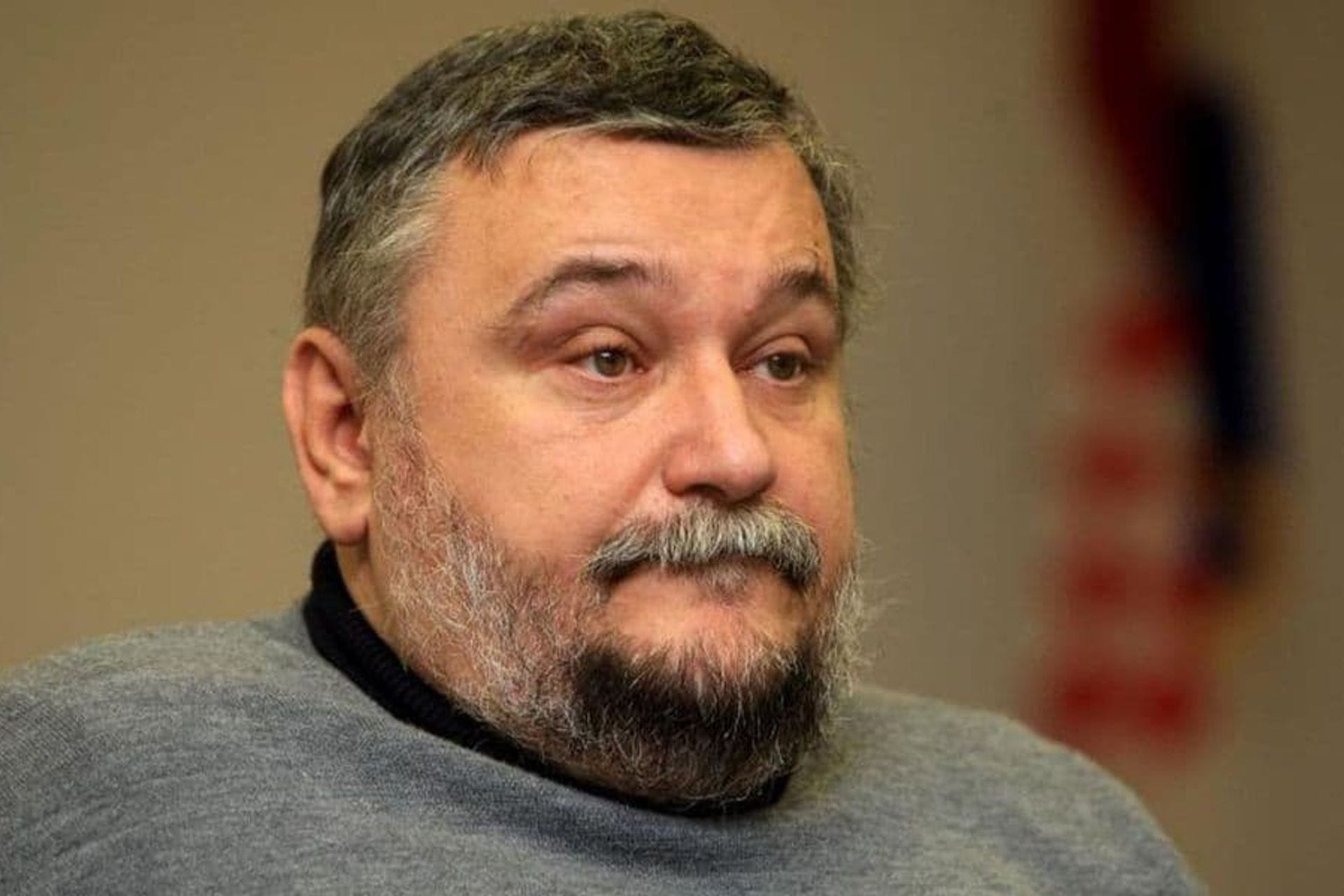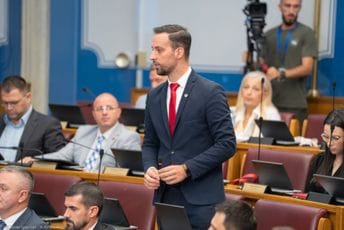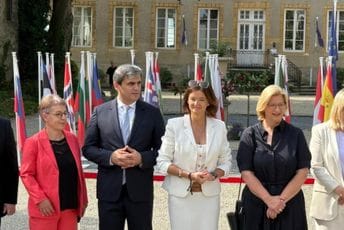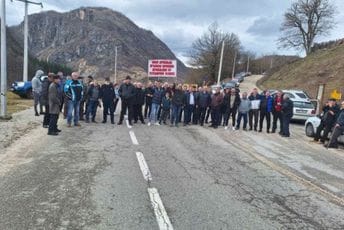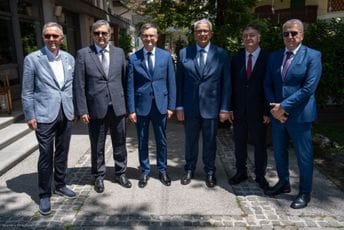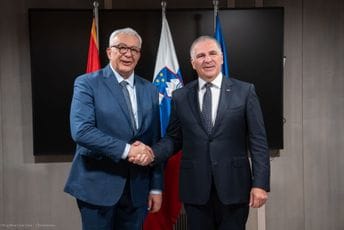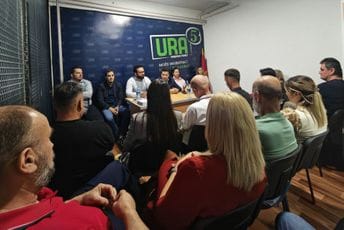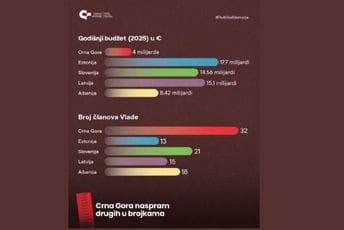The main topic of the article concerns Zagreb’s readiness to soon allow the closing of Chapter 31 in Montenegro’s EU accession negotiations. Croatia had previously blocked the closing of this chapter due to deteriorated good neighborly relations, especially after the Montenegrin parliament adopted a resolution on the genocide in Jasenovac. However, bilateral talks and the appointment of Ranko Krivokapić as advisor to Montenegro’s foreign minister have helped ease tensions. Croatia still holds reservations but there is hope that the blockade will soon be lifted, which would significantly aid Montenegro’s path to EU membership. The importance of common European policies and values is emphasized, as well as the need for compact and sincere support for Montenegro’s Europeanization.
Political Perspectives:
Left: Left-leaning sources emphasize the importance of European integration and cooperation in the Western Balkans, highlighting the positive diplomatic steps taken to ease tensions between Croatia and Montenegro. They focus on the need for solidarity and support for Montenegro’s EU accession as a means to promote stability and democratic values in the region.
Center: Centrist sources report the facts of the diplomatic developments, noting Croatia’s previous blockade due to bilateral issues and the recent progress through bilateral talks and appointments. They stress the technical and political aspects of the accession process, the importance of respecting EU acquis, and the balancing act between national interests and European integration goals.
Right: Right-leaning sources tend to emphasize the sovereignty and national interests of Croatia, justifying the blockade as a necessary response to provocations such as the Montenegrin parliament’s resolution on Jasenovac genocide. They highlight the importance of protecting national dignity and historical truth, while cautiously supporting EU enlargement only if it respects these concerns.






